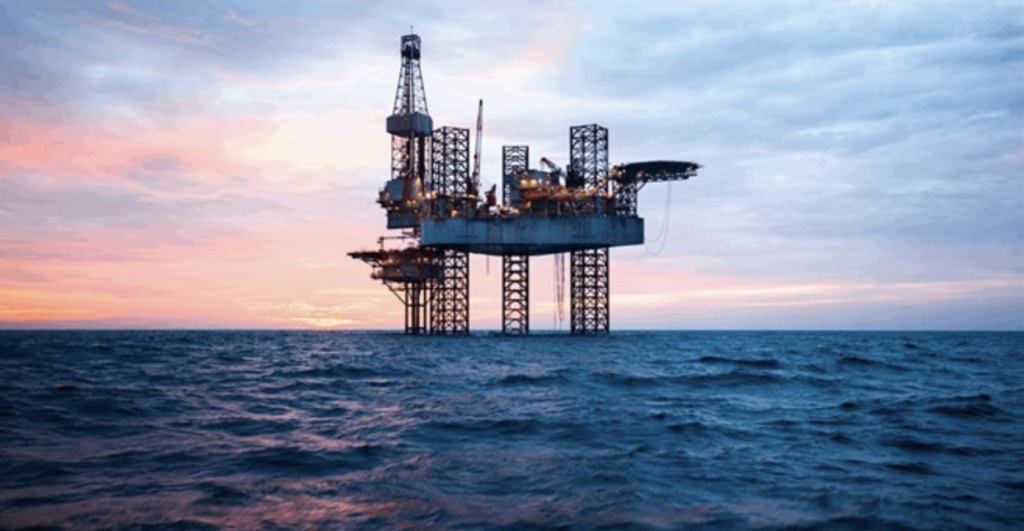The U.S.-based Liberty Petroleum Corporation recently signed three Production Sharing Agreements (PSAs) with Somalia’s federal government. These agreements, focusing on offshore Blocks 131, 190, and 206, mark a significant move in tapping into Somalia’s offshore oil potential. The signing event was notable for the presence of key figures, such as Somalia’s Minister of Petroleum and Mineral Resources, Abdirizak Omar Mohamed.

This development stems from a renewed interest in East Africa’s oil and gas potential, further highlighted by a U.S. Government report indicating that Somalia may possess over 30 billion barrels of oil and gas reserves. This report and a recent agreement between Somalia and Turkey have placed Somalia back in the global energy spotlight.
The newly signed PSAs allow a five-year exploration period in the specified blocks. For example, Block 131, with its Jurassic potential and significant seismic data, is believed to contain vast oil resources. Block 190, within the Juba-Lamu Basin, exhibits varied geological layers indicating high oil and gas potential. Block 206 is noted for its structural features, which are similar to those of lucrative oil areas like offshore Namibia.
The agreement permits Liberty to conduct evaluations and 3D seismic surveys to determine drilling viability. If these surveys are successful, they may lead to comprehensive oil extraction operations.
Liberty Petroleum Corporation CEO Lane Franks commented – “After more than ten years of positive and fruitful dialogue with the Government of Somalia, we are honoured to be signing these three exploration contracts. It truly is a collective achievement that is historic in nature. We are aware of the responsibility that now lies on our shoulders to explore and hopefully develop the petroleum resources within these blocks in a manner that delivers maximum benefit to the people of Somalia”.
Somalia’s journey toward oil production has faced numerous obstacles, including early withdrawals by major oil firms due to civil unrest since the 1950s. However, recent efforts by the Somali government to foster a stable investment environment have reignited interest in the sector. This comes after the October 2022 agreement with Coastline Exploration, emphasizing Somalia’s commitment to unlocking its petroleum reserves to potentially revolutionize its economy.
The $7 million exploration agreement with Coastline, which is run by one of Soma Oil & Gas’s original financial backers, Russian-Georgian oligarch Dzhaparidze, covers seven specific areas and sets the stage for seismic assessments and drilling to begin in mid-2025.
Coastline Exploration was established in 2018 and is the contractual owner of Soma Oil & Gas, a company that has gathered seismic data off Somalia’s coast. Soma Oil & Gas was previously investigated by the UK’s Serious Fraud Office, but the company was cleared of wrongdoing due to “insufficient evidence,” after a 17-month investigation that ended in December 2016. However, it did identify “reasonable grounds” to suspect wrongdoing. Some Coastline Exploration directors, including its current CEO Richard Anderson and Alexander Djaparidze, also served on the Soma Oil and Gas board of directors.
These initiatives represent significant strides since Somalia’s first offshore licensing round and the recent reinvigoration of its oil sector. The geopolitical landscape, particularly following Russia’s invasion of Ukraine, has intensified the global pursuit of energy independence, highlighting Africa, including Somalia, as a key player in oil and gas investments.
Nevertheless, Somalia faces internal challenges, especially with Somaliland, a region seeking independence and currently in dispute over Genel Energy’s oil block acquisitions. Genel plans to start drilling between late 2023 and early 2024 despite these tensions.
Minister Abdirizak Omar Mohamed has stated Somalia’s intent to commence in-country oil production by year-end, with drilling operations planned in Galmudug, Southwest, and Jubaland states.
SOURCE: HOL